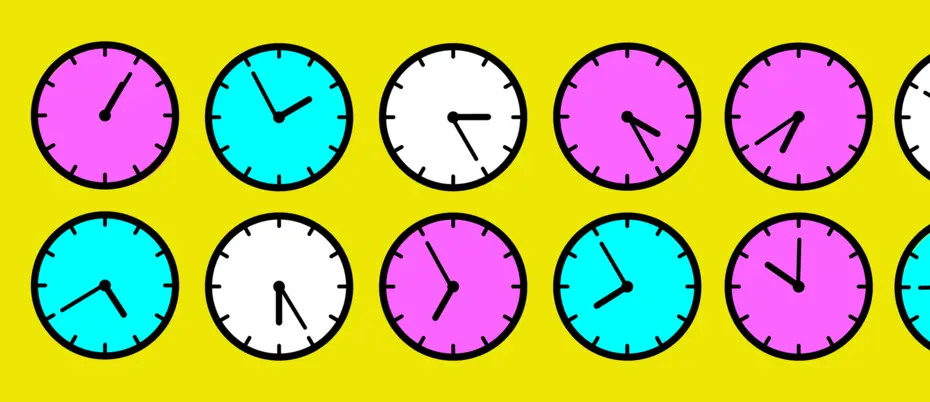Productivity
How productive are you?
How could you better manage your time? A few minutes with the Pozen Productivity Index will show you where you can improve.
Do you check your email every 5 or 10 minutes? Do you procrastinate instead of getting started on difficult tasks? Do you think about your purpose in reading an article before you start?
Your answers reveal how effectively you manage your time, according to MIT Sloan senior lecturer Robert Pozen. Earlier this year, Pozen hosted an Innovation@Work webinar to explain how certain habits derail — or promote — efficiency. Now he’s launched the Pozen Productivity Index to help people measure their productivity, too.
7 key measures of productivity
The Index contains 21 pointed questions about habits across seven broad categories: Daily Routine, Planning Your Day, Email Habits, Getting a Lot Done, Meetings, Communication Skills, and Delegation. Users can respond with “mostly,” “sometimes,” or “rarely.”
Scores above 80 are ranked as “great,” and a total of between 50 and 80 is “good.” Testers who score below 50 could benefit from a productivity tutorial.
Pozen is an expert. He authored “Extreme Productivity: Boost Your Results, Reduce Your Hours,” and he teaches the MIT Sloan Executive Education course Maximizing Your Personal Productivity: How to Become an Efficient and Effective Executive.
Output matters more than hours
Pozen learned these lessons as the former president of Fidelity Investments, executive chairman of MFS Investment Management, and associate general counsel of the U.S. Securities and Exchange Commission. Over the years, he developed a reputation as something of a productivity guru, advocating for new metrics of success that focus on output instead of time behind a desk.
“I began writing for the Harvard Business Review. And I was told, ‘You’re the only person who consistently hands in their articles on time and within the word limit, even though you teach a full course load [at Harvard Business School], and you’re the chairman of a large asset manager. Tell us, what’s your secret source?’” he said.
So Pozen began to share. He said that he learned how to streamline his time as a child, growing up in a struggling family while working two high school jobs and playing sports.
The lessons translate to the business world, he said. Many people worry about putting in face time instead of streamlining time and focusing on producing.
“Too many people go about their day passively,” bogged down responding to emails and in meetings that run longer than 90 minutes, Pozen said. He also recommends lifestyle moderation: He urges at least seven hours of sleep every night and two hours of screen-free time with family each day.
In this era, he said, success is about performance, not time.
“The notion of hours grew up because, if you’re in a commoditized factory, if you’re in the assembly line, hours is a good proxy of what you’re producing. But at knowledge-based companies, it’s not the hours. It’s what you accomplish,” he said.




